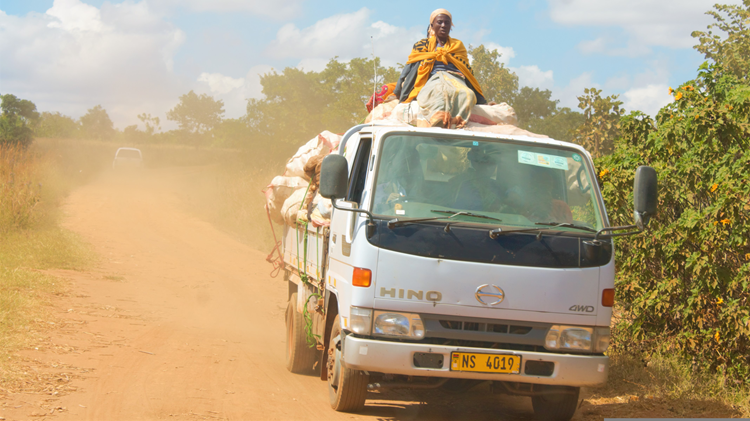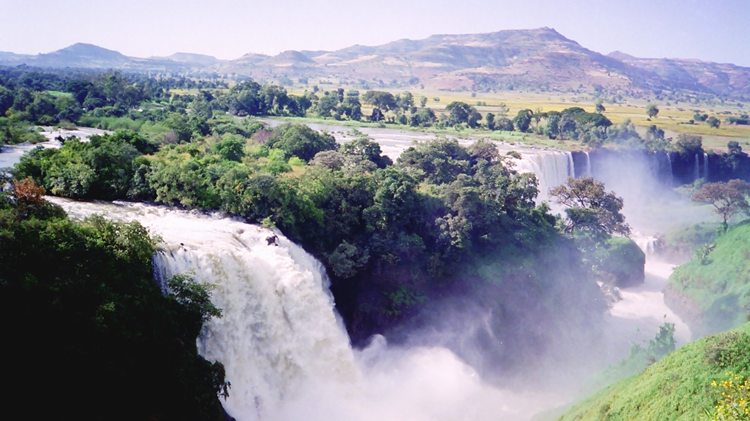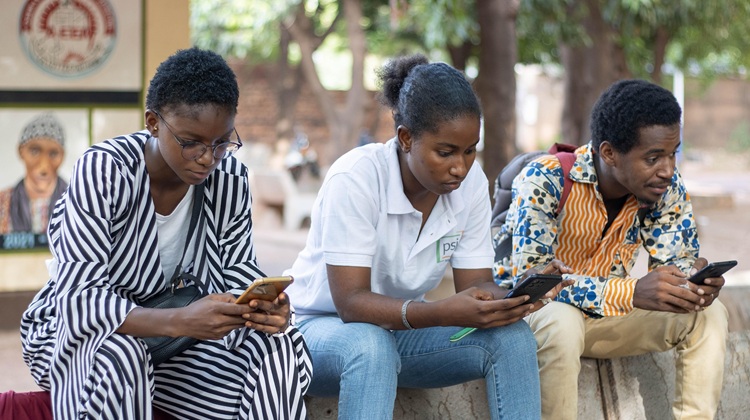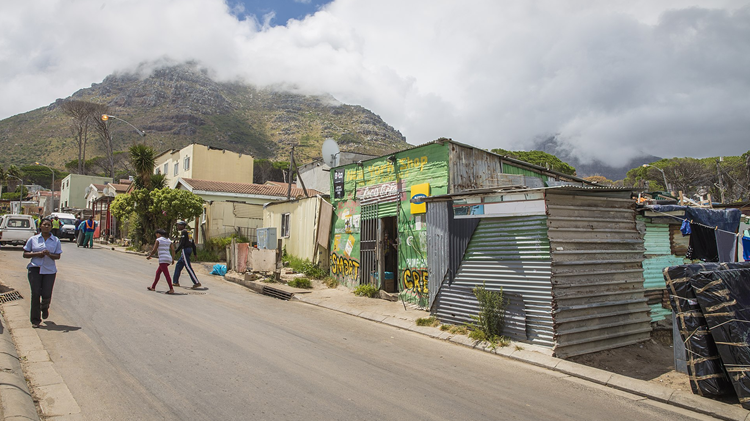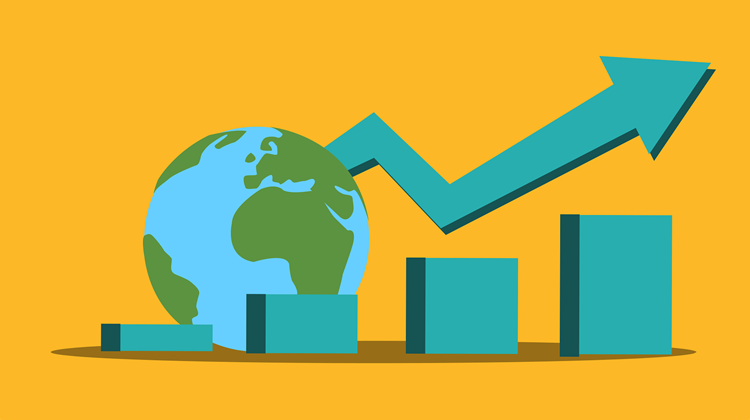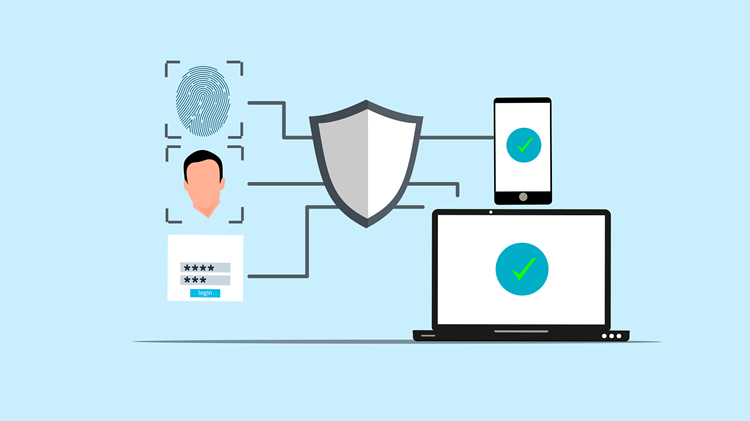Disinformation tactics in Africa
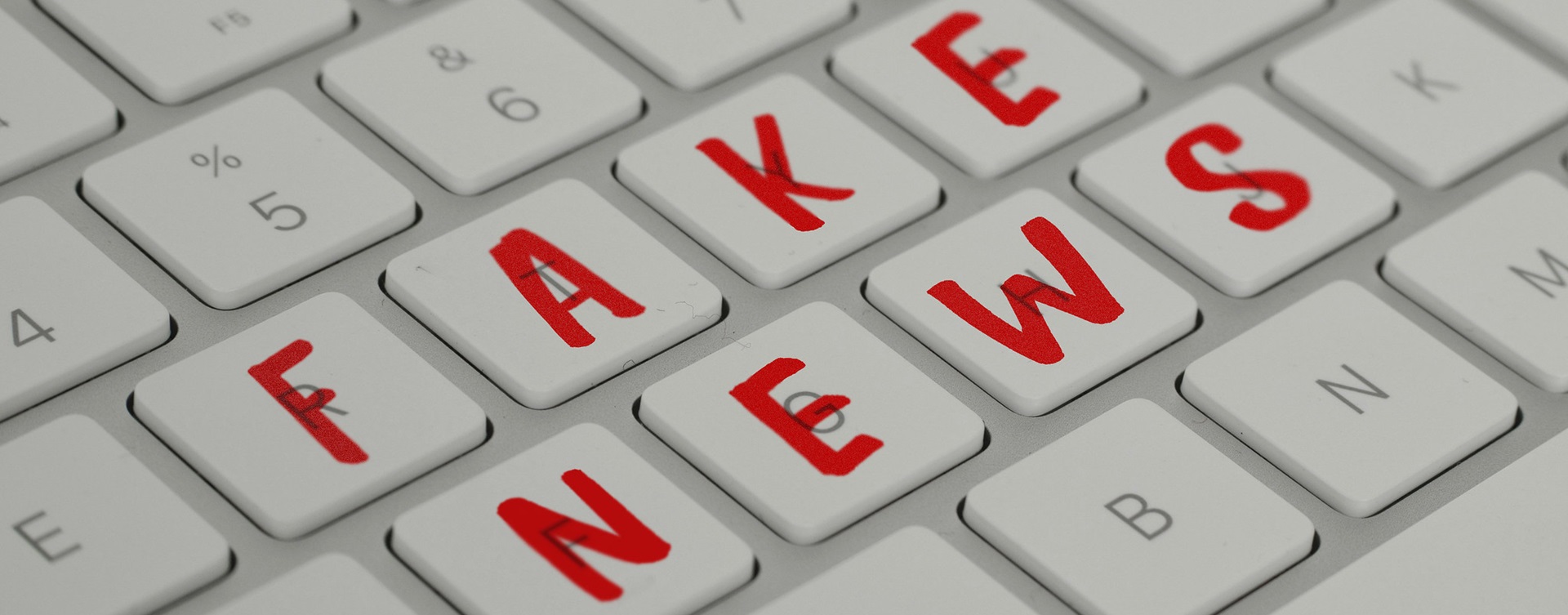
Illiberal regimes and foreign autocracies are warping the continent’s information space to their advantage.
China’s foreign minister began 2025 with his regular African visit. For the past three decades, Beijing has sent its top diplomat to the continent first, signalling Chinese commitment to the region. But China now faces rising competition. Increasingly, other anti-democratic powers are eyeing their own economic, political and military partnerships in Africa.
With US hegemony in decline, a splintering international order has created new openings for authoritarian governments to court their African counterparts. China, along with Iran, Russia, Turkey and the United Arab Emirates (UAE), has collectively invested large amounts into beneficial trade and development initiatives. Newer entrants include Hungary, Saudi Arabia and Qatar. Democratic India, under Hindu populist strongman Narendra Modi, has also fixed its gaze upon Africa.
However, there are latent risks. One is that foreign enablers could reinforce African governments' illiberal tendencies. Their use of digital propaganda and manipulated information to serve their agendas is already eroding public confidence in democracy and liberalism. Some African groups are now copying such tactics as well.
Foreign enablers could reinforce African governments' illiberal tendencies
To be fair, overzealous Western actors have at times done similar damage. Although, to a lesser degree. Meta took down a disinformation scheme linked to the French military that had been created to jostle with rival Russian networks in the CAR ahead of that country’s 2020 election. Before that, former British political consulting firm Cambridge Analytica interfered in elections in Kenya and Nigeria on behalf of private clients before being forced to shut down in 2018 amid a growing scandal.
Disinformation is not new to Africa. The continent’s post-independence era featured state-owned broadcasters that dominated the airwaves. Political opposition was demonised; ruling party interests were disguised as nation-building priorities. What is novel today is how the viral spread of falsehoods has become industrialised by external actors. A nexus of domestic, international, state and non-state entities, plus private firms and digital intermediaries is involved.
The goal — no matter the foreign sponsor pulling the strings — is the same: bend public perceptions, influence electoral outcomes and shape government policy. And the effects are numerous. Energy and mining rights or lucrative construction contracts are awarded without due process to state-owned enterprises or private firms abroad. Vague military cooperation deals and opaque arms sales agreements get inked. Or access to ports and fertile agricultural land is streamlined.
Russia pioneered this social engineering strategy. Facebook’s parent company Meta, over the past five years, has dismantled several networks promoting Russian talking points, celebrating allied ruling parties and seeding ultranationalism in at least eight African countries. Researchers suggest they have popped up in double that number. Data from social media platforms suggests the networks’ content reached millions of users across the target populations.
Even those metrics likely represent a vast undercount of the campaigns’ true impact. Social media in Africa functions as a newer form of pavement radio. Community members often congregate around a single device to consume content together — although that registers as only one user.
Producing and coordinating digital propaganda is a key component in what experts describe as a “regime survival package” now being offered by Moscow to Africa’s brittle autocracies, such as those in Burkina Faso, the CAR, Mali and both warring parties in Sudan. Other elements include mercenary support, election campaign financing, political cover in international forums and help with resource profiteering.
Russia has ducked measures against inauthentic online activity by operating a sophisticated franchising strategy. Rather than the Kremlin running its own troll farms, guidelines and payment are funnelled to local residents and influencers for the creation of manipulated content across Facebook, X (formerly Twitter), WhatsApp and Telegram. Misleading posts thus appear more genuine and believable — making them harder to detect by platforms, authorities and other users.
A few months after Russia’s full invasion of Ukraine in February 2022, Code for Africa, a civil society investigative consortium, identified at least 175 Facebook pages across 21 African countries responsible for a continent-wide spike in pro-Russia social media content. Material based on fake information sought to persuade African audiences the conflict was a proxy war provoked by the West. The pages also invited users to join private chat groups on WhatsApp and Telegram, circumventing content moderation and verification efforts.
Beijing has meanwhile leveraged its vast state-run communications apparatus to amplify the revisionist narratives of the Chinese Communist Party (CCP). Media networks such as CGTN, China Daily and Xinhua have established dozens of bureaus throughout Africa. Woven into their relentless coverage is rhetoric originating from the CCP’s United Front Work Department. The government agency is tasked with mobilising pro-CCP influence operations at home and abroad.
Elsewhere, Turkey offers self-serving training opportunities to African reporters and media organisations. In June 2021, the Federation of African Journalists accused the UAE of trying to hoodwink its members into generating negative stories about the 2022 FIFA World Cup in Qatar, the UAE’s rival in the Gulf region. Egypt, Morocco, Nigeria and Senegal have been subject to Iranian propaganda networks.
These ever-evolving disinformation campaigns and fact-less echo chambers are having the desired effect of fueling misinformation within Africa’s electorates. By mixing false and sensationalised content with legitimate critiques of Western policy failures, foreign illiberal regimes have managed to cast doubt on democracy in a significant way.
All of this has been instructive to anti-democratic actors in Africa.
Researchers from the Digital Forensics Lab at the Atlantic Council, a US-based think tank, have analysed how campaigns on Facebook were a vital tool in rallying public support for recent military coups in Mali, Niger and Burkina Faso. In Sudan, the paramilitary Rapid Support Forces have made skilful use of X to portray themselves as champions of the people. This is despite mounting evidence that their fighters are committing war crimes and massacring civilians. The Sudanese Armed Forces, led by army chief General Abdel Fattah al-Burhan, have meanwhile relied mostly on state media and traditional pro-government outlets to whitewash their own abuses.
Looking ahead, the continent’s online spaces will become more contested. Africa’s rising geopolitical importance is coinciding with a projected explosion in its population of new internet users.
A lack of content moderators fluent in local languages and dialects makes it virtually impossible to police extremist content and disinformation in Africa, even if tech firms wanted to. But signs are they do not. Meta CEO Mark Zuckerberg announced in early January that Facebook would be the latest platform to cut ties with third-party fact-checking groups. Zuckerberg’s decision appears driven by a desire to align his company with the nativist agenda of the second Trump administration. Freely available content generator tools powered by artificial intelligence further complicate combatting weaponised lies.
Lack of content moderators fluent in local languages makes it impossible to police extremist content and disinformation in Africa, even if tech firms wanted to
It is true: democracy alone has not delivered good or efficient governance. It is also increasingly manipulated by corrupt and dishonest elites. This perception is gaining the most traction among disaffected youth.
Yet, even amid a post-pandemic rise in violence and extreme poverty across the continent, Afrobarometer’s flagship survey in 2024 reported a strong majority of Africans still prefer democracy to any other form of government — even if that support has weakened slightly. One-party states, military rule and dictatorships are still rejected by a huge margin.
Africans’ desire for self-determination is enduring. And democracy is the governance model best suited to manifest it because it promises regular turnover and accountability in power. Safeguarding the integrity of elections in Africa from illiberal interference is thus paramount to the continent’s future.
Safeguarding the integrity of elections in Africa from illiberal interference is paramount to the continent’s future
A report from the Institute of Security Studies examining online discourse during South Africa’s 2024 election is instructive. It recommends policymakers and the private sector work together to ramp up digital literacy training for citizens, modelled after existing programs in Ghana and Kenya. Researchers should map out the regional collaboration between digital influencers, looking for suspicious patterns of mirrored behaviour. And international donors can support the capacity-building of digital literacy training programs for domestic journalists, while also sponsoring research into foreign interference in Africa.
Moreover, global charities, private foundations and NGOs can help by funding credible independent news outlets where jurisdictions allow it. Digital rights groups in the West must offer greater assistance to African civil society groups to debunk fake stories.
The constant meddling in domestic media landscapes and digital public spheres of democracies by illiberal actors is happening everywhere, not just in Africa. This includes nations in North America, Europe, the Indo-Pacific and elsewhere.
If anything, the effort and resources being poured into foreign efforts to win Africa’s hearts and minds are proof that the continent is becoming increasingly relevant to the global economy and international power structure. That in a way represents its own form of progress for Africa.
Image: Lewis Ogden/Flickr

